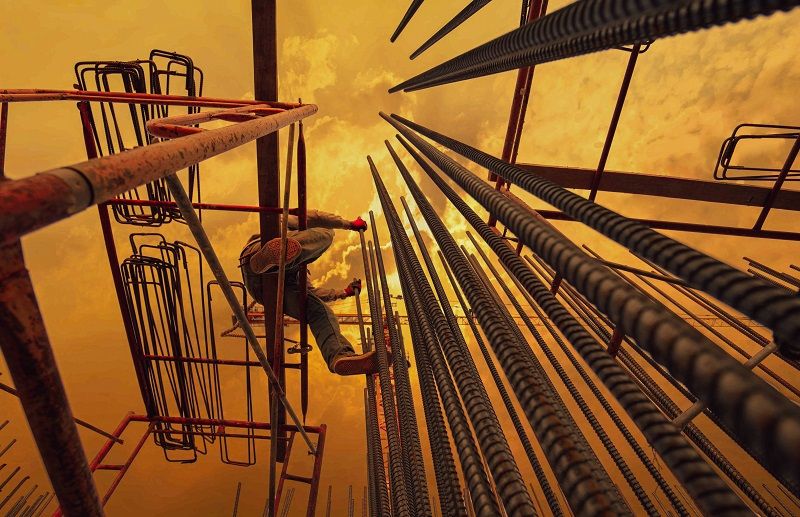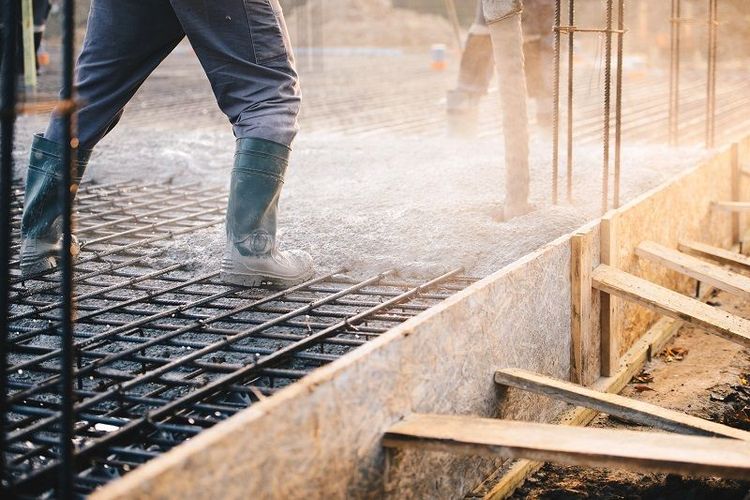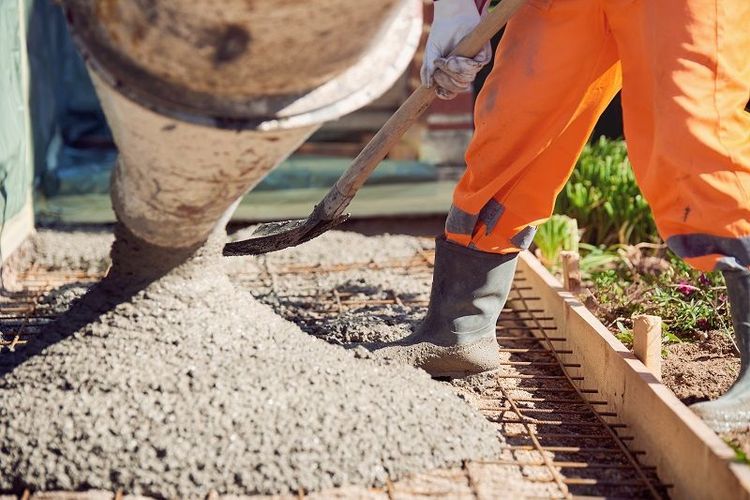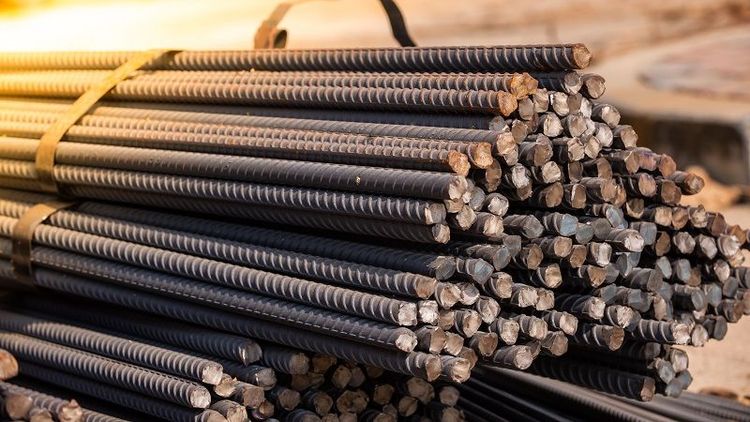Types of Rebars
1. Steel rebar: Steel rebar is the most commonly used type in construction. It is made of carbon steel and has excellent strength and durability. Steel rebar is available in different grades and sizes to meet construction requirements. It is suitable for all construction projects, including high-rise buildings, bridges, and highways.
2. Fibreglass rebar: Fibreglass rebar is a lightweight and corrosion-resistant alternative to steel rebar. It is made of glass fibres and a polymer resin matrix, which makes it ideal for use in environments with high moisture or chemical exposure. Fibreglass rebar is non-conductive, making it an ideal choice for structures that require electrical isolation. It is also easy to handle and install, and its lightweight properties make it easier to transport and manoeuvre.
3. Stainless steel rebar: Stainless steel rebar is a more expensive option than steel rebar but offers exceptional corrosion resistance. It is made of steel and chromium, creating a passive oxide layer that protects the rebar from corrosion. Stainless steel rebar is ideal for structures exposed to corrosive elements such as seawater, deicing salts, and acidic environments.
4. Galvanised rebar: Galvanised rebar is a steel rebar with a protective zinc coating. The zinc coating provides a barrier that resists corrosion better than uncoated steel. Galvanised rebar is ideal for use in concrete structures that are exposed to corrosive elements such as salt, chemicals, and moisture.
5. Epoxy-coated rebar: Epoxy-coated rebar features a protective epoxy coating that prevents rusting. The epoxy coating provides a barrier that resists corrosion and protects the rebar from the effects of concrete alkalinity. Epoxy-coated rebar is ideal for use in concrete structures that are exposed to corrosive elements such as salt, chemicals, and moisture.
Rebar sizes and grades
1.Size - Rebar is available in various sizes and grades to meet construction needs. The sizes of rebar range from 3-10 mm, and are chosen based on the size and load capacity of the footing.
2. Length - Rebar bars commonly come in lengths of 12mm.
3. Grade - Rebar grades denote the yield strength of the steel and are typically Fe 500 and Fe550D. The higher the grade, the stronger the rebar. The selection of the appropriate rebar size and grade is essential to ensure that the footing can support the load and remain stable over time.







 +91 7208055523
+91 7208055523
 Help & support
Help & support
